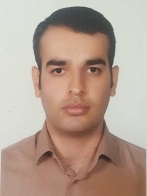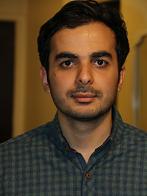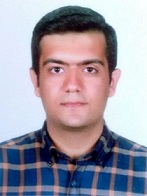Electric Energy System Analysis I: This is an introductory course in the field of power systems. The course covers an overview of power system modeling, load flow analysis, and economic dispatch studies.
Electric Energy Conversion I and labs: This course is intended to provide the theoretical background knowledge required to understand the design and functionality of single and three phase transformers and synchronous, asynchronous, and DC machines.
Electric Engineering Fundamentals: This course mainly focuses on the analysis of linear time invariant electrical circuits.
Electrical Engineering Principles and labs: In this course, undergraduate students will be introduced with the basic principles behind electrical engineering. An introduction to different subfields of electrical engineering is also covered in this course.
Electric Machines: This course discusses the principles and analysis of major classes of electric machines including asynchronous AC motors, synchronous AC generators, and DC machines.
Electric Energy Distribution Systems: This is an advanced course in electrical distribution systems with focus on assessment, planning, and operation of distribution systems.
Applications of Convex Optimization in Power System Studies: The course focuses on convex optimization, duality theory, and Karush-Kuhn-Tucker as well as some sample applications in emerging topics in power systems.
Modern Power Systems Operation: This is an advanced course that covers major operation and management issues in power systems. The course mainly focuses on economic dispatch, optimal power flow, and unit commitment studies, power system security, monitoring and control infrastructures, and state estimation analysis.
Engineering Ethics and Environment: This course is intended to introduce students to ethics of the future professions as well as to encourage them to apply ethical concepts in their professional lives. It also discusses the professional's duty to protect the environment.












